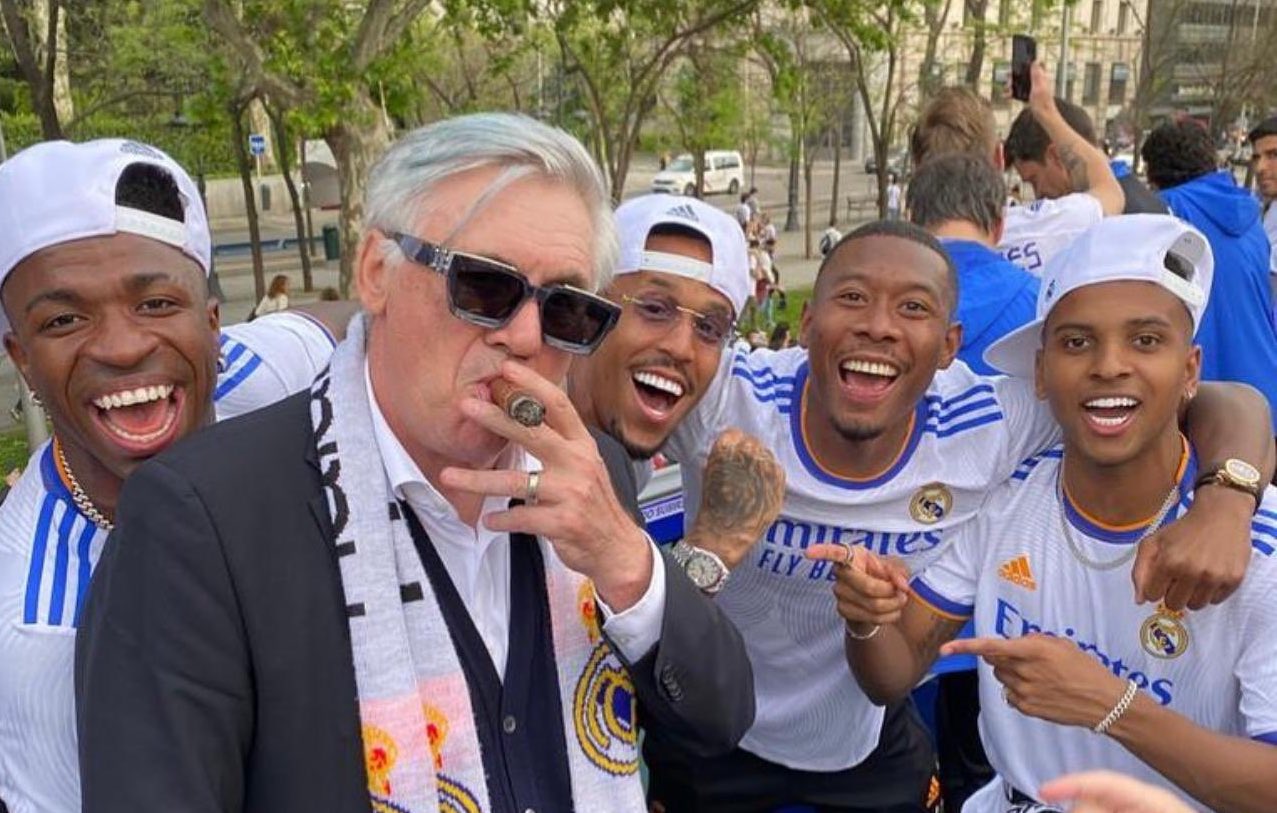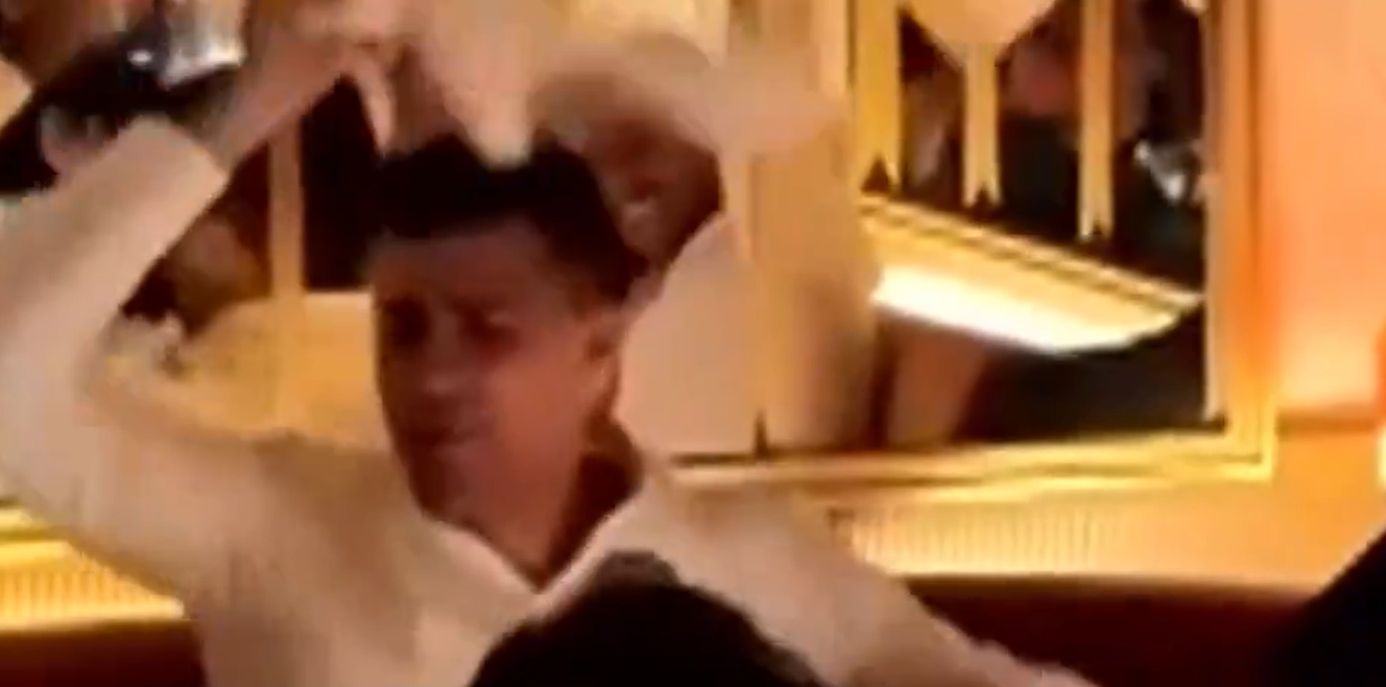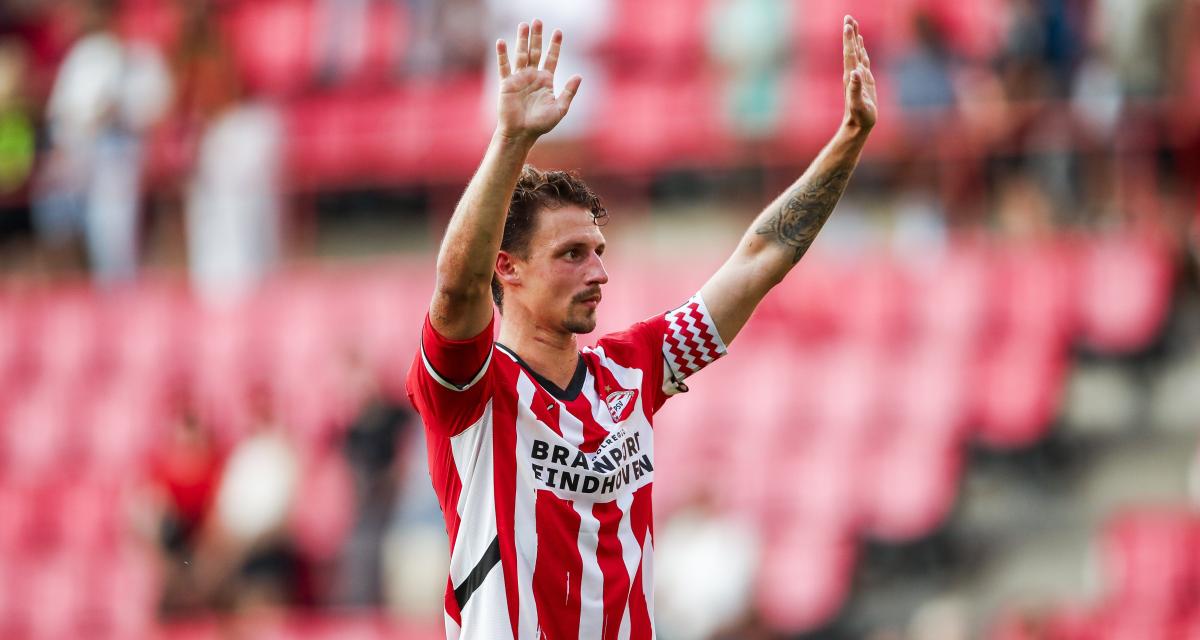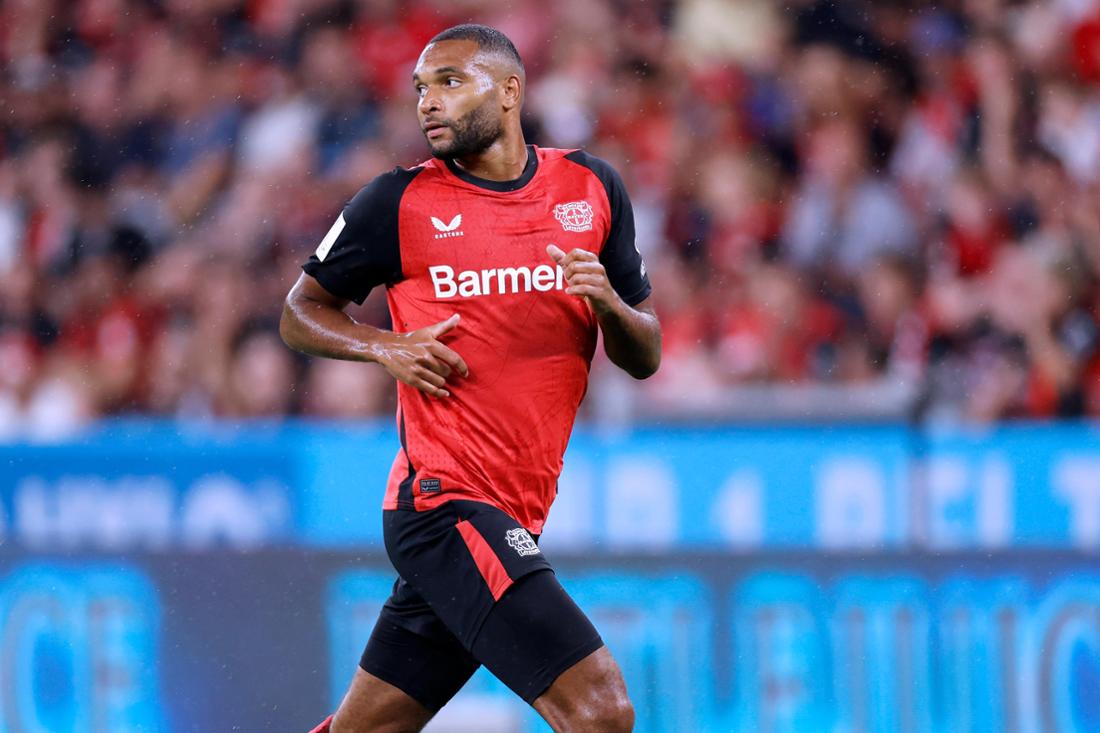El Quinteto Único
It’s Saturday, August 20th, 1995. We are on the westernmost point of Sicily, the island south-west of the Italian mainland. The match is a fairly unremarkable 1-1 draw between Trapani and Reggiana in the early rounds of the Coppa Italia.
But this match will go down in history as the first in Carlo Ancelotti’s esteemed coaching career. Carletto could already boast that no coach has won more European Cups than his three (level with Bob Paisley and Zinedine Zidane), but now he belongs to the exclusive club as the only coach in history to win the league title in Europe’s top five leagues.
First steps
At the start, the Italian was just 36, but he had already been accustomed to the high demands of elite-level coaching. He enjoyed a stellar playing career at Roma and Milan, where he won three Scudetti, two European Cups and four Coppas.
Following that, he graduated from the illustrious Coverciano and then teamed up with his legendary coach and idol Arrigo Sacchi. He served as his national team assistant at the 1994 World Cup, where the Azzurri fell on penalties to Brazil in the final.
Now forging his own path, Carletto began in Reggio Emilia in Serie B. Those beginnings were not the most auspicious – it took Reggiana until the eighth round to win their first game – but they finished strongly to secure automatic promotion. He was then appointed at Parma and there began a 25-season top-flight voyage to the pinnacle of the game.
At Parma he led an exciting young squad with the likes of Gianluigi Buffon, Lilian Thuram, Fabio Cannavaro and Hernán Crespo, and they pushed Juventus all the way in the title race. The second season wasn’t as successful however, with Ancelotti famously locked to his Sacchian 4-4-2 and unwilling to mould the formation to include Roberto Baggio.
Ancelotti was sacked at the end of the season. A spell at Juve followed where he had the likes of Didier Deschamps, Antonio Conte and Zidane to call upon. They won the Intertoto Cup but were hammered by the media for losing the title to Lazio in 2000 having been in firm control with just a few matches to go. At this stage there were growing doubts about Ancelotti’s acumen. In the subsequent season, Juve failed to win anything and again fell just short of the title, so Carletto was axed once more.
Maestro in Milan
Then came the first taste of glory, and appropriately it came with a return to his beloved Milan. Eight trophies arrived in as many seasons, but this included two European Cups and his first league title as a coach. The domestic success came in 2003/04, and set a record for the highest points tally in Serie A history.
Spearheaded by Andriy Shevchenko’s 24 goals, the Rossoneri amassed 82 points in 34 games, and only conceded 24 goals. That Milan side was iconic, with the likes of Paolo Maldini, Alessandro Nesta, Andrea Pirlo, Clarence Seedorf, Gennaro Gattuso, Kaká and Shevchenko. In hindsight, the real surprise is that they only won one title in that golden era, only finishing second in one other season.
King of the Kings Road
In 2009, Carlo moved abroad for the first time and took the helm at Chelsea. He inherited a strong squad, but was up against the might of Sir Alex Ferguson’s three-peat Manchester United and Arsène Wenger’s Arsenal.
Starting well, they were in charge for most of the season, but the critical win was away at Old Trafford in April. Frank Lampard and Didier Drogba both scored more than 20 goals in the league as Chelsea set a record 103 in 38 games. They sealed the title on the final day with an 8-0 rout of Wigan Athletic. United regained their title in 2011 and Carlo was on the move again.
Paris Perfection
PSG was his next destination and in his only full season in the French capital, he secured title number three. This triumph was more comfortable, with Zlatan Ibrahimović smashing 30 goals as they sealed it away to Lyon with two games to spare. This time, Carlo was the one who chose to leave, answering the call from the Spanish capital.
La Décima in Lisbon
Real Madrid had just gone through their José Mourinho era and Ancelotti brought a sense of calm and breathing space to the club. Barcelona were dominating domestically but Los Blancos were also desperate to finally win La Décima, the tenth European Cup which had eluded them for over a decade by this point.
In the league, Real dropped seven points out of the last 12 but still closed the gap on Barça from 15 points at the end of the previous season to zero. However, it was Atleti who were champions as Real were distracted by their emphatic Champions League semi-final against Bayern.
Carlo also won the Copa with that famous Gareth Bale run at Mestalla but it was the showpiece Madrid derby final in Lisbon which would define his spell. We all know how that one ended: the Sergio Ramos header, the extra time win and Ancelotti’s third European Cup. He added the Super Cup and the Club World Cup in his second season, but they fell away alarmingly in the second half of that season and Carlo was relieved of his duties again.
Bayern Bulldozers
After a year out of the game, Ancelotti went to Bayern and followed in the footsteps of Pep Guardiola by winning the Bundesliga. It was a canter, with the Bavarians losing just twice to finish 15 points clear of RB Leipzig. There were the customary beer showers but elimination from the Champions League against Real Madrid and defeat in the DFB-Pokal left doubts. Early on in the subsequent campaign, Ancelotti was sacked after a heavy defeat to PSG in the Champions League. Carletto’s stock was falling fast.
Azul Ancelotti
He returned to Italy with Napoli but despite some impressive showings, the Scudetto that eluded Maurizio Sarri by a whisker was never a realistic ambition. Ancelotti guided the Neapolitans to second, but they were eleven points adrift of champions Juve.
In Europe, they were one goal away from progressing to the Champions League knockouts, but disappointingly lost 3-0 on aggregate to Arsenal in the Europa League quarters. The second season was more of a struggle, winning only five of their first 15 league games. Amid internal disputes with the owner Aurelio De Laurentiis, Ancelotti was sacked again despite making it through in the Champions League.
Merseyside was his next destination, with Everton securing a coup to bring him to Goodison Park. The Toffees were in relegation trouble at Christmas 2019, but Carletto’s steady hand helped to steer them away from danger. In his only full season at Goodison, Carletto started like a train, with Everton top of the Premier League in October and James Rodríguez enjoying a renaissance.
Things petered out by the end of the season but there was a memorable victory at Anfield, their first since 1999. Ultimately, Carlo would be tempted to return to Madrid once more.
Fab Five
It’s now May 2022, and Carletto is rocking the sunglasses and smoking a giant cigar. He has achieved a unique feat by winning Serie A, the Premier League, Ligue 1, the Bundesliga and now LaLiga. He is the oldest coach to win the Spanish title, and adding in the Supercopa won earlier in the year, the Italian has now won every available trophy across his two spells in Madrid.
Los Blancos have been imperious and this triumph has been inevitable for some time. Karim Benzema’s record-breaking season makes him favourite for the Ballon d’Or, Vini Jr has finally delivered on his potential, and the defence has coped superbly with the losses of Rafaël Varane and Sergio Ramos.
They could yet set a record for the biggest winning margin (currently Barça’s +15 from 2012/13) but the ultimate prize would be the European Cup. It would be Carletto’s fourth, Real Madrid’s 14th, and only the fourth time they have won the league and the European Cup in the same season.
The doubters still question his decision-making and setup in the biggest games, and one could argue that five titles in twenty complete seasons at the biggest clubs in Europe is a relatively meagre return. However, Carletto should be celebrated as a unique coach in the modern era, who has adapted over time and always commands the respect of his players and peers. His legacy is assured, with this unique achievement likely to stand for a long period of time.
Complimenti, Carlo.




